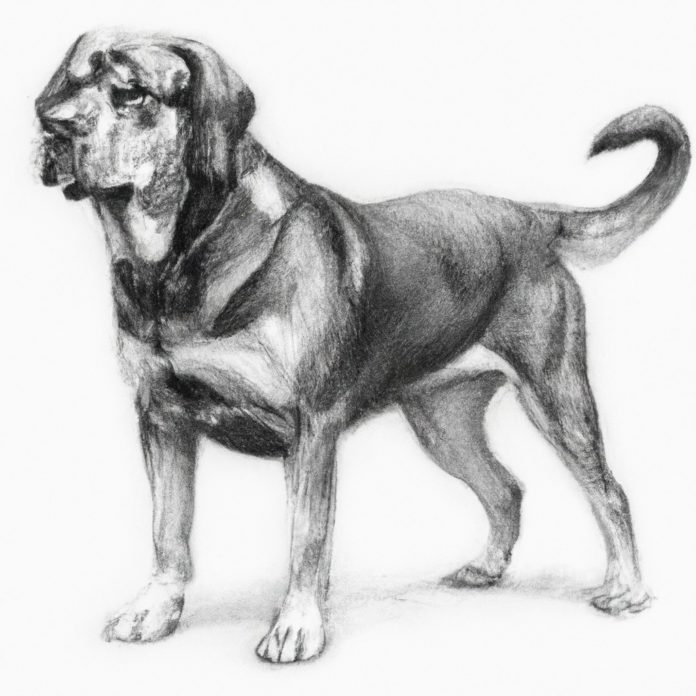Dear VetBabble,
I have a Rottweiler, Bloodhound, and Lab mix dog with aggressive behavior both on and off the leash. I’m trying my best to work with him, but I think I might need professional help. Can you offer any advice or resources to help? Should I consult with a behaviorist, and if so, how can I find one? Thank you!
Understanding Your Dog’s Aggressive Behavior
First and foremost, it’s essential to understand that dealing with an aggressive dog can be challenging, and it’s not uncommon for pet owners to feel overwhelmed. The good news is that, with patience, understanding, and proper guidance, many dogs can show significant improvements in their behavior. In your case, it sounds like seeking advice from a professional behaviorist might be the right step.
It’s important to keep in mind that each dog is unique, and a variety of factors can contribute to their aggressive tendencies. For example, your dog’s breed mix includes the Rhodesian Ridgeback, which was originally bred for hunting big game. Some characteristics of certain hunting breeds, such as territorial behavior or heightened reactions to stimuli, could exacerbate aggressive behavior in individual dogs. To learn more about Rhodesian Ridgebacks and their temperament, you can check out this article.
Training Strategies for Aggressive Dogs
Before diving into professional help, there are some techniques you can try on your own. It’s essential to establish a foundation of trust and respect between you and your dog, and ensuring that they understand their role in the household is critical. One effective approach is the “No Free Lunches” method, which requires your pet to perform a simple command before they receive a reward or affection. This technique helps to foster clear communication and teaches your dog the importance of listening to you. Find out more about this technique and how it can promote good behavior in our article about No Free Lunches – Simple Tips for Good Behavior.
For aggression specifically directed toward other dogs while walking, make a conscious effort to maintain a proper leash technique during your walks. Shortening the leash while approaching other dogs, using reassuring voice commands, and rewarding calm behavior can help your dog associate positive experiences with meeting other dogs. For more information on managing problematic leash lunging and ensuring a peaceful walk, be sure to read our article on Does Your Dog Lunge at Other Dogs When Out Walking?
Working With a Professional Behaviorist
If you’ve tried training methods on your own but are still experiencing difficulty, it’s a good idea to speak with a professional dog behaviorist. A behaviorist will work to understand the underlying concerns behind your dog’s aggression and create a tailored behavior modification program to address those concerns specifically. They can also support you in implementing these techniques and provide feedback on areas that may need adjustment or improvement.
Your veterinarian is an excellent resource for finding a reliable behaviorist, as they can often recommend someone with experience in dealing with various behavior problems. Additionally, they can perform a thorough examination of your dog to ensure that there are no underlying medical issues contributing to their aggressive tendencies. To find out more about how to help an aggressive dog and when to consult with a behaviorist, check out this article on How Can I Help my Aggressive Dog?
In conclusion, it’s crucial to be patient and persistent when working with an aggressive dog. With the right resources, professional assistance, and dedication to improving your dog’s behavior, your furry friend can become a well-behaved companion that you can enjoy taking for walks and being around. Remember, you are your dog’s best advocate, and seeking help when needed is a testament to your commitment to your pet’s wellbeing. Best of luck!









